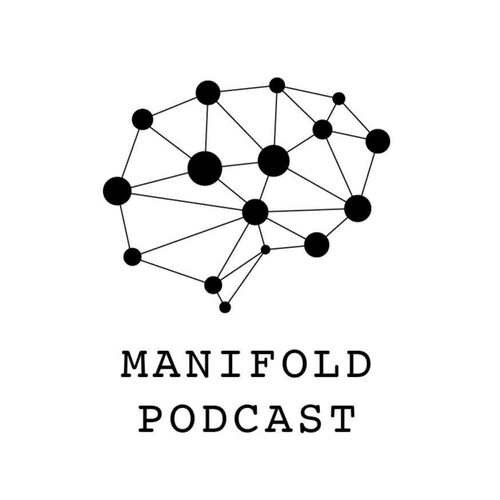
 Manifold
Manifold Greg Clark: Genetics and Social Mobility — #14
Clark's Academic Journey
- Greg Clark grew up in Glasgow and initially studied mathematics and philosophy.
- He transitioned to economics, intrigued by intellectual ability's transmission beyond family circumstances, observing traits in his father's large family.
Economics' Flawed Assumption
- Economics traditionally assumes that people are the same and institutions/incentives drive outcomes.
- Clark's research challenges this, suggesting other factors influence economic disparities.
England's Social Mobility
- Social mobility in England is slow and consistent over 300 years, despite societal changes.
- Upward and downward mobility rates are equal, defying expectations of elite privilege or poverty traps.
Gregory Clark is Distinguished Professor of Economics at UC-Davis. He is an editor of the European Review of Economic History, chair of the steering committee of the All-UC Group in Economic History, and a Research Associate of the Center for Poverty Research at Davis. He was educated at Cambridge University and received a PhD from Harvard University.
His areas of research are long-term economic growth, the wealth of nations, economic history, and social mobility.
Steve and Greg discuss:
0:00 Introduction
2:31 Background in economics and genetics
10:25 The role of genetics in determining social outcomes
16:27 Measuring social status through marriage and occupation
36:15 Assortative mating and the industrial revolution
49:38 Criticisms of empirical data, engagement on genetics and economic history
1:12:12 Heckman and Landerso study of social mobility in US vs Denmark
1:24:32 Predicting cognitive traits
1:33:26 Assortative mating and increase in population variance
Links:
For Whom the Bell Curve Tolls: A Lineage of 400,000 English Individuals 1750-2020 shows Genetics Determines most Social Outcomes
http://faculty.econ.ucdavis.edu/faculty/gclark/ClarkGlasgow2021.pdf
Further discussion
https://infoproc.blogspot.com/2021/03/genetic-correlation-of-social-outcomes.html
A Farewell to Alms: A Brief Economic History of the World
https://en.wikipedia.org/wiki/A_Farewell_to_Alms
The Son Also Rises
https://en.wikipedia.org/wiki/The_Son_Also_Rises_(book)
Music used with permission from Blade Runner Blues Livestream improvisation by State Azure.
--
Steve Hsu is Professor of Theoretical Physics and of Computational Mathematics, Science, and Engineering at Michigan State University. Previously, he was Senior Vice President for Research and Innovation at MSU and Director of the Institute of Theoretical Science at the University of Oregon. Hsu is a startup founder (SafeWeb, Genomic Prediction, Othram) and advisor to venture capital and other investment firms. He was educated at Caltech and Berkeley, was a Harvard Junior Fellow, and has held faculty positions at Yale, the University of Oregon, and MSU.
Please send any questions or suggestions to manifold1podcast@gmail.com or Steve on Twitter @hsu_steve.

